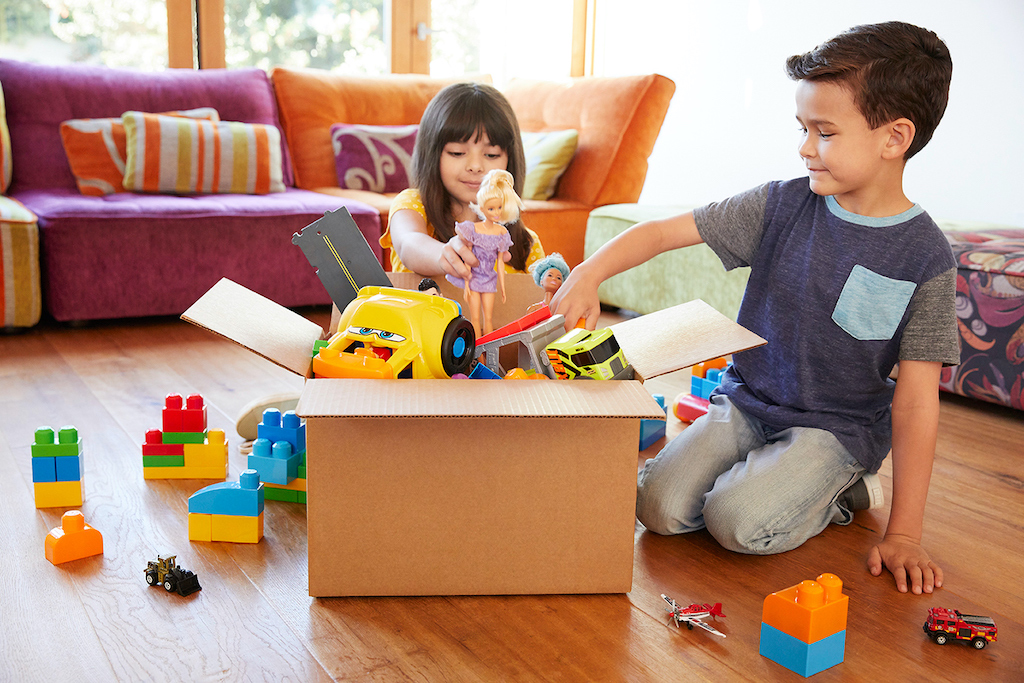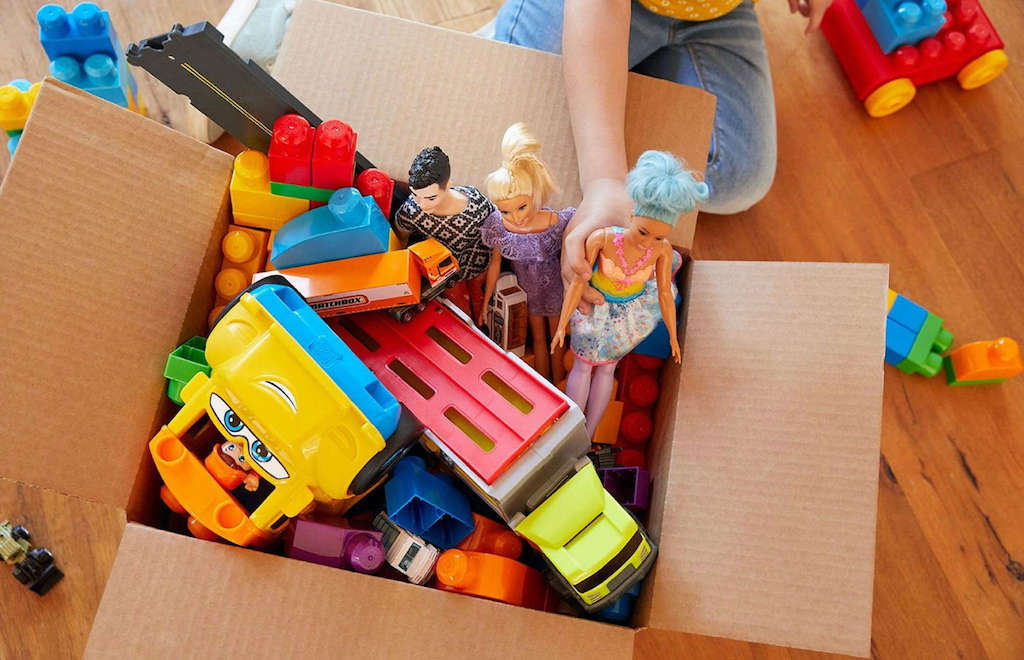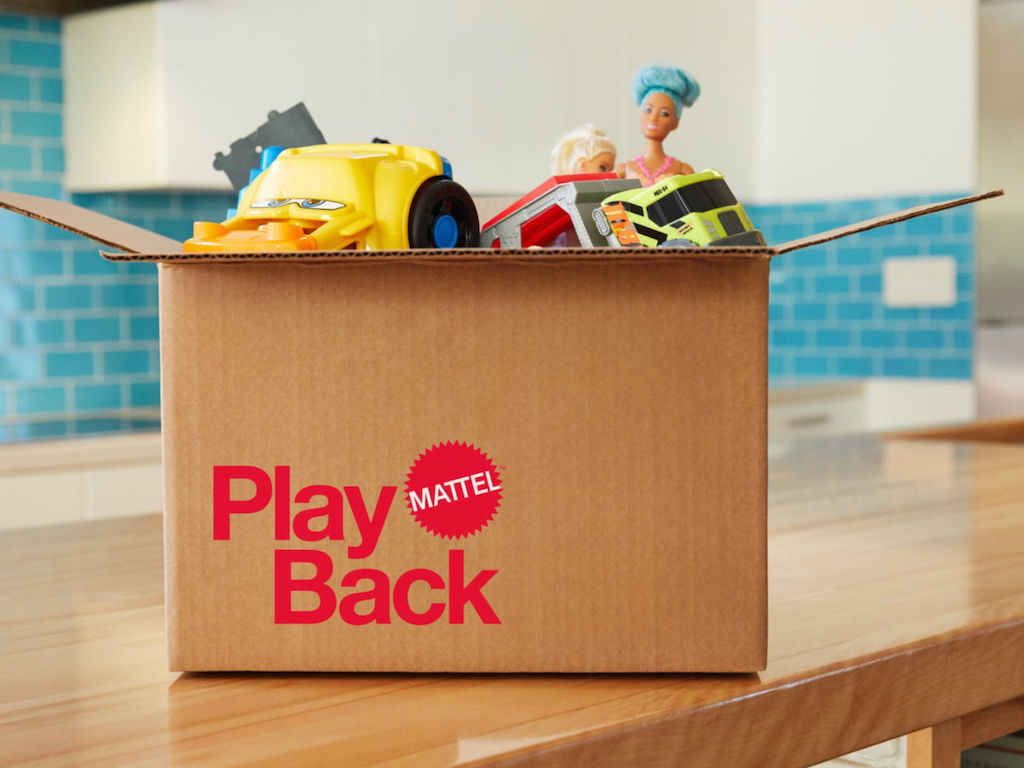3 Mins Read
Mattel has launched a new toy takeback program as part of its sustainability push, enabling customers to send back their old toys once they are done playing with them. The program, PlayBack, will recover materials from old Mattel toys to create future products, as the company strives to use only recycled, recyclable or bio-based materials across its brands and packaging by the end of the decade.
American toy giant Mattel kickstarted its new PlayBack program on Monday (May 10), allowing families and kids to send their old outgrown toys back to the company. Customers can print a free shipping label from the program’s new website to mail their used Mattel toys to the collection point, where they’ll be separated by material type and processed by the firm.
Mattel will recover materials from these old toys, repurposing them into recycled content for new toys across its iconic brands, which include Barbie, Hot Wheels, Thomas & Friends and UNO. For parts that can’t be recycled, Mattel says it will downcycle these materials, converting them into energy.

A key part of our product design process is a relentless focus on innovation, and finding sustainable solutions is one significant way we are innovating.
Richard Dickson, President & COO, Mattel
It’s a part of the toy company’s bold new sustainability plan to make its entire portfolio of toys and packaging from 100% recycled, recyclable or bio-based materials by 2030.
Speaking about the new initiative, Mattel president and COO Richard Dickson said: “Mattel toys are made to last and be passed on from generation to generation. A key part of our product design process is a relentless focus on innovation, and finding sustainable solutions is one significant way we are innovating.”
“Our Mattel PlayBack program is a great example of this, enabling us to turn materials from toys that have lived their useful life into recycled materials for new products.”
At launch, the program will only accept Barbie, Matchbox and MEGA, though Mattel says that “other brands will be added in the future”. Currently only available to customers within the U.S. and Canada, the firm will then expand PlayBack to France, the U.K. and Germany in the coming months.
Often overlooked, toys are contributing enormous amounts of waste to landfills each year, especially as children outgrow them quickly. According to the Ellen MacArthur Foundation, as much as 80% of all toys in the US$90 billion global toy market end up in landfills, incinerators or the ocean.
The majority of toys are plastic-based and produced using petroleum, and once thrown away, never fully decompose in the environment.

It is one important step we’re taking to address the growing global waste challenge.
Pamela Gill-Alabaster, Global Head of Sustainability, Mattel
Mattel says that it is now actively working to solve this problem and hope that PlayBack will help extend the lifespan of their products.
“At Mattel, we are committed to managing the environmental impact of our products,” commented Pamela Gill-Alabaster, Mattel’s global head of sustainability.
“The Mattel PlayBack program helps parents and caregivers ensure that materials stay in play, and out of landfills, with the aim to repurpose these materials as recycled content in new toys. It is one important step we’re taking to address the growing global waste challenge.”
Some startups have come up with other ways to address toy waste, and have taken to launching even more closed loop models such as resale and rental subscriptions. In Hong Kong, toy library platform Happy Baton delivers preloved children’s toys to subscribers on a monthly basis, then collects, santises and sends them to another family to borrow.
Lead image courtesy of Mattel.




